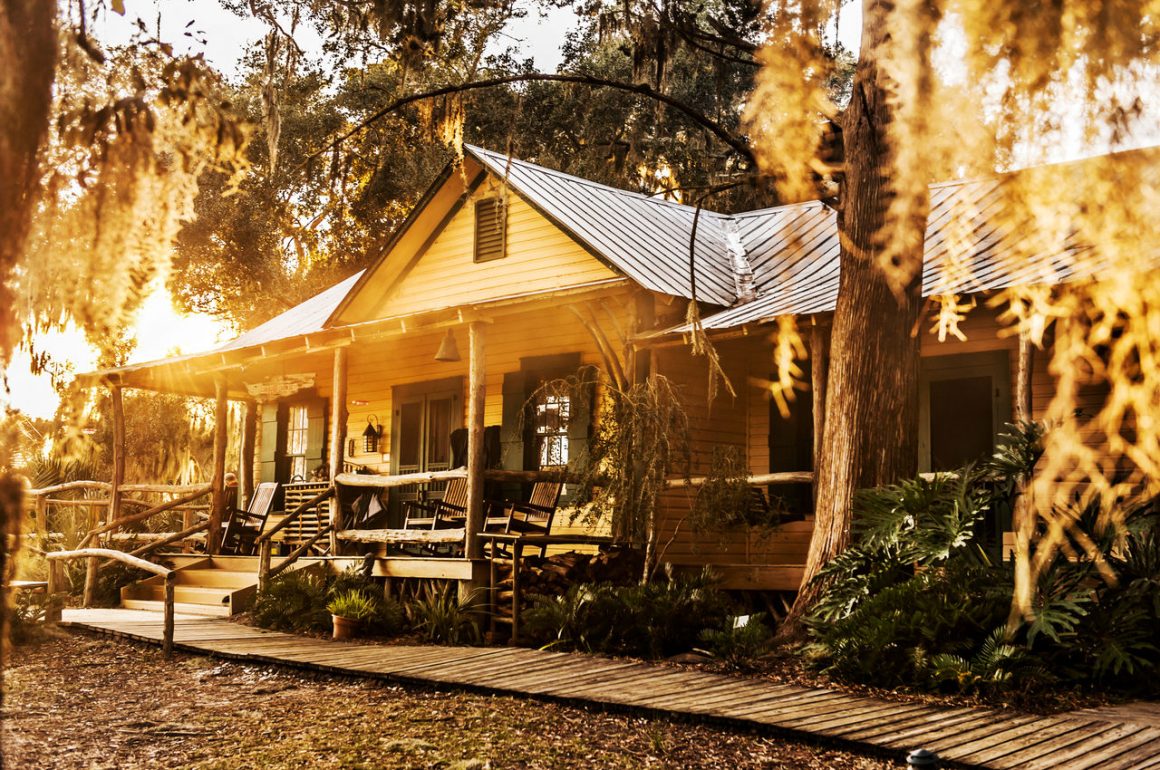
Which bird species do you think is the biggest attraction to visitors of your lodge (please only name one species)?
Painted Buntings in the spring/summer months
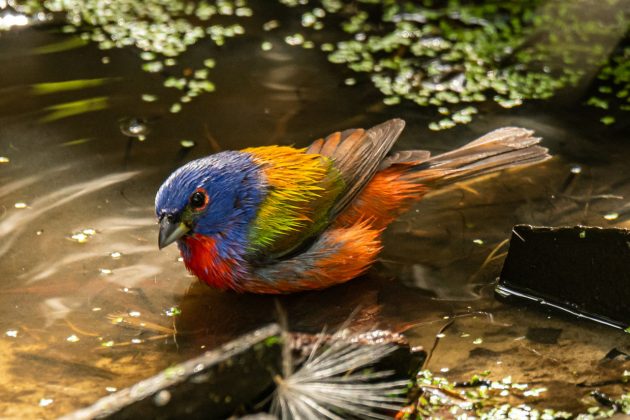
What is the name of your lodge, and since when has your lodge been operating?
The Lodge on Little Saint Simons Island, operating since 1979
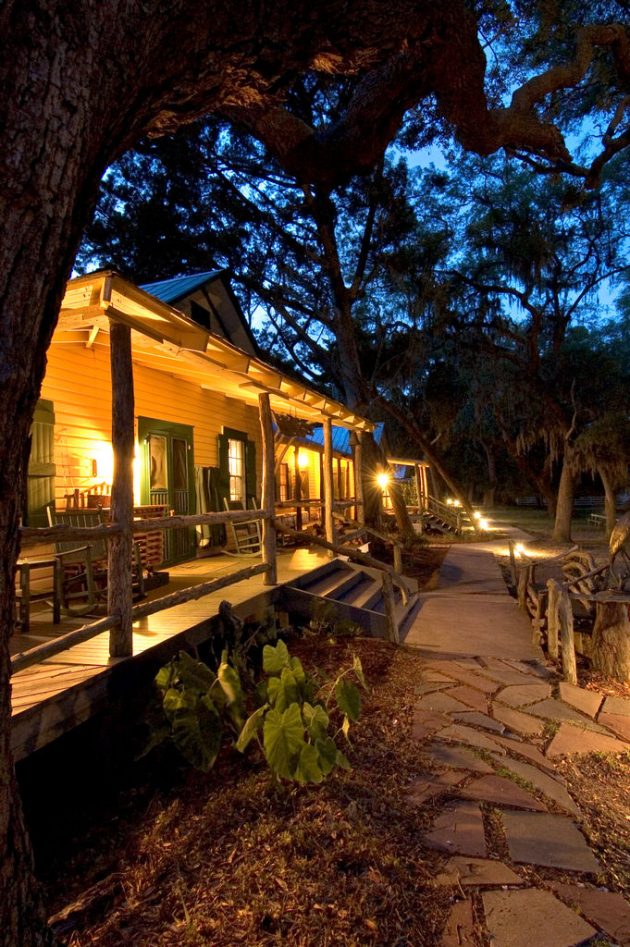
How best to travel to your lodge?
Little St. Simons Island is located just off the Georgia coast midway between Savannah, GA, and Jacksonville, FL. Daily commercial air service is available to both cities in addition to flights from Atlanta to nearby Brunswick, GA. Unless you are planning to take a side trip, we recommend using a direct car service from the airport as you won’t need a vehicle during your Island visit.
What kind of services – except for accommodation and food – does your lodge offer to visiting birders?
The Lodge on Little St. Simons Island offers an all-inclusive experience perfect for birding enthusiasts. Your stay includes twice-daily guided adventures led by expert naturalists, access to photography blinds and towers for that perfect shot, and bird feeders conveniently located near guest housing to attract a variety of species. Enhance your exploration with complimentary use of Vortex binoculars and/or take one of the provided beach cruiser bicycles to uncover the island’s diverse habitats at your own pace.
What makes your lodge special?
There just aren’t many untouched places like this left in the world, especially not on the coast! Located on the Georgia Coast, Little St. Simons Island lies in the wilderness of the Altamaha River delta. One of the most productive estuaries on the Atlantic coast, the 135-square mile delta contains a collection of untouched marshes, mudflats, sand spits, and small islands dotted with old-growth maritime oak forests. An ancient landscape built by rivers and tides, Georgia’s barrier islands are richly biodiverse and host hundreds of resident species and migrants. The delta marks the intersection of the ocean and the Altamaha wilderness corridor, a 35-mile expanse of protected public and private lands bordering the Altamaha River. This intricate network has been conserved through inter-agency collaboration, and it includes critical longleaf pine forests, cypress swamp, and saltwater estuary habitats that provide resources and pathways for at-risk species and recreation. The Lodge at Little St. Simons Island is a gateway for exploring this unparalleled wilderness, providing access to the region’s natural luxury.
· What are the 10 – 20 most interesting birds that your lodge offers good chances to see?
- Painted Bunting
- Yellow-throated Warbler
- Northern Parula
- Roseate Spoonbill
- Wood Stork
- Bald Eagle
- Least Bittern
- Great Egret (breeding condition)
- Anhinga (breeding condition)
- Brown Headed Nuthatch
- American Oystercatcher
- Wilson Plover
- Piping Plover
- Red Knot
- Black Skimmer
- Marsh Wren
- Seaside Sparrow
- Nelson Sparrow
- Clapper Rail
Roseate Spoonbill
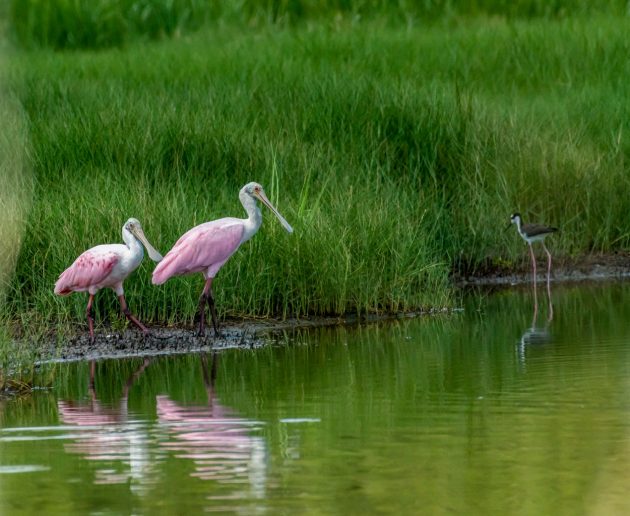
What is the best time to visit your lodge, and why?
Our lodge welcomes visitors year-round, but Spring (March-May) is the prime season for birding on LSSI. During this time, the Georgia coast serves as a critical stopover for migrating shorebirds, raptors, and warblers heading north. While many of these species return during the fall migration (Sept-Oct), spring offers a special treat: birds in their brightest and most vibrant plumage as they prepare for the breeding season. A highlight for birders and photographers alike is the wading bird rookery at Norm’s Pond, where springtime activity creates unforgettable viewing opportunities.
Yellow-throated Warbler
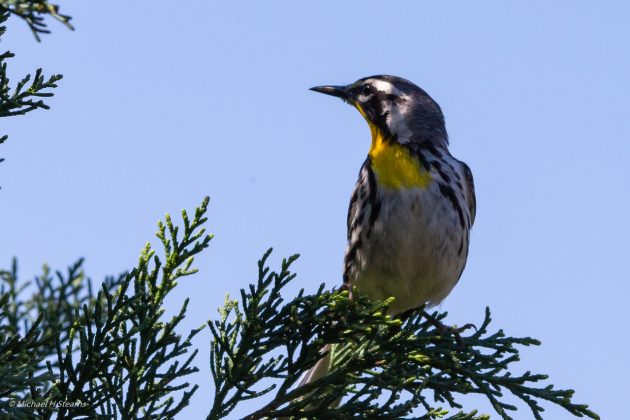
Is your lodge involved in conservation efforts? If yes, please describe them.
The entirety of Little Saint Simons Island is protected by a conservation easement, ensuring the preservation of its habitats in perpetuity. Ecological management and conservation efforts on the island are overseen by the Center for Coastal Conservation. All proceeds from the Lodge directly support the Center, as well as the continued operation of the Lodge itself. Notable conservation initiatives include research on Painted Buntings, shorebird surveys, beach-nesting bird monitoring, and monitoring of secretive marsh bird populations.
Black Skimmer
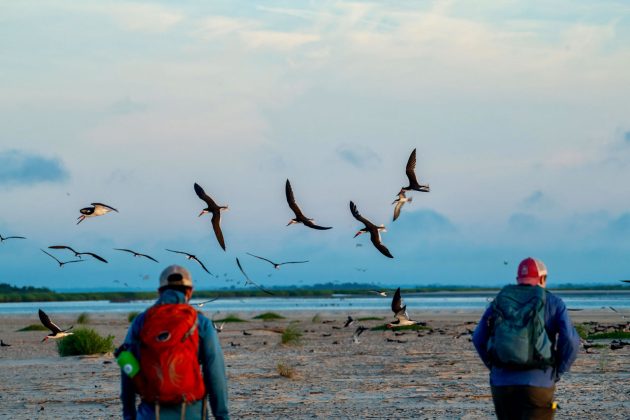
What other suggestions can you give to birders interested in visiting your lodge?
Coastal weather is notoriously unpredictable, so it’s essential to pack accordingly. The lodge provides ponchos for rain and supplies bug spray and nets to protect against mosquitoes and other biting insects, which may be present depending on the weather. However, the most effective protection is wearing long sleeves and pants. Since weather forecasts for the area aren’t always reliable, it’s wise to bring your own rain gear and prepare for changing conditions to make the most of your birding adventure.
Do you have activities for non-birders? If so, please describe.
In addition to world-class birding, the Lodge offers a range of guided excursions for guests to explore this pristine section of the Georgia coast. Whether you’re hiking through scenic trails, kayaking along quiet waterways, fishing in serene spots, or enjoying truck-based adventures, there’s no shortage of ways to immerse yourself in the island’s natural beauty. ·
If any reader of 10,000 Birds is interested in staying at your lodge, how can they best contact you?
Either call us or book a hold on the website! You can call the island at +1 912.638.7472, and our reservations team will be happy to walk you through availability, options, and booking a stay. If you prefer to start online, that is fine too – there is a booking engine and availability calendar on the website at www.littlessi.com – just click on the “Plan Your Stay” button at the top right corner of every page of the website. The website is also a great place to learn more about the Island.

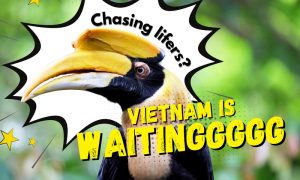


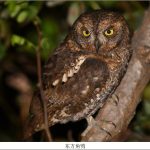
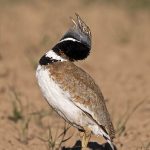
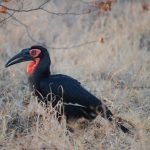
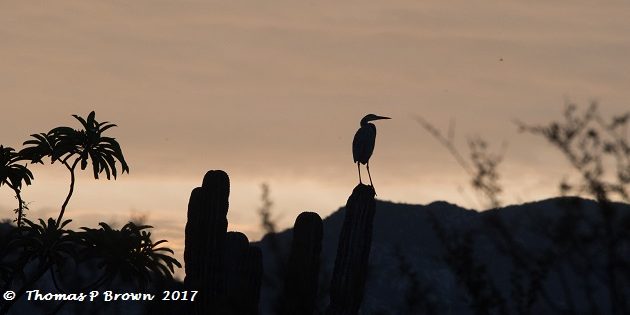
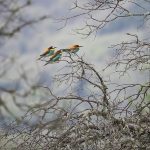
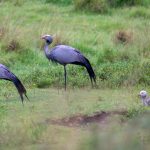
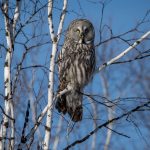
Next time I’m in Atlanta this place looks like a really good option to spend some business birding time.